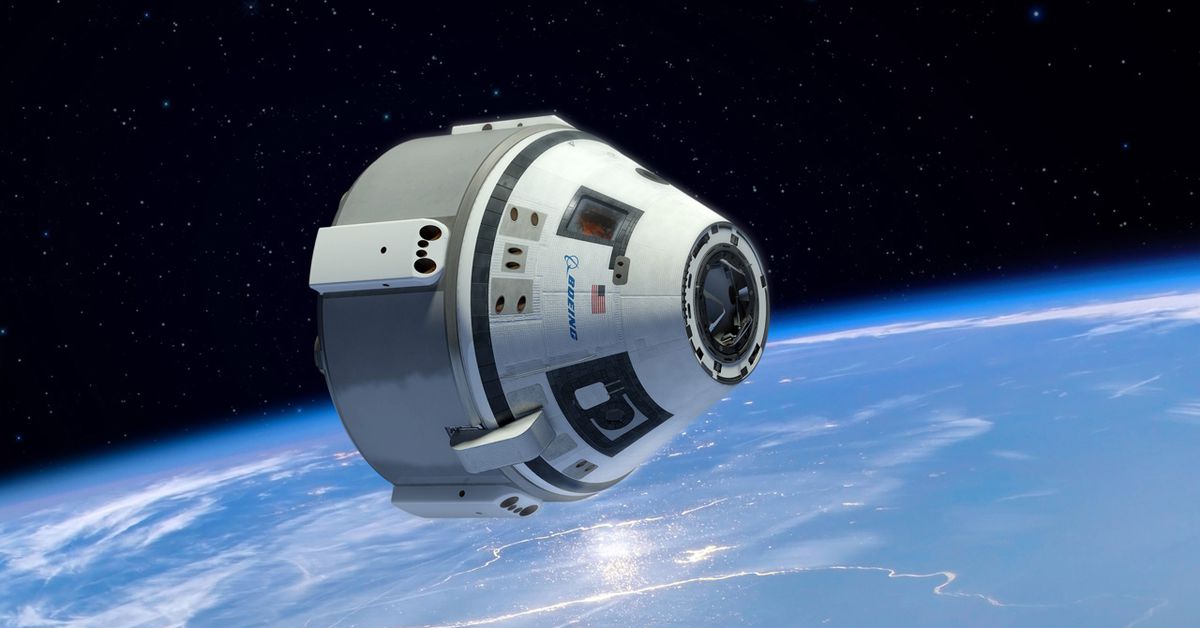Originally set to return in mid-June, Barry Wilmore and Sunita Williams may be on the station until February, 2025.
During a press conference today, NASA representatives confirmed they have a contingency plan to bring astronauts Barry Wilmore and Sunita Williams home from the International Space Station (ISS) early next year. If they’re unable to leave sooner aboard the Boeing Starliner spacecraft that brought them there
Tests conducted at NASA’s White Sands Test Facility pointed to deformed Teflon seals being a potential cause of the Starliner’s thrusters failing, but the agency isn’t expected to make a final decision on whether or not Williams and Wilmore will return using Boeing’s spacecraft until mid-August.



NASA did a study recently that micro-gravity and zero-g causes corneal eye damage causing astronauts to lose eyesight over long durations in space.
Is the possibility of these astronauts going blind permanently due to Boing Boing ?
I think it is time to put this shitty “aerospace” company into the ground.
Scott Kelley did 340 days in space without too much long term damage that I am aware of (his was the first long term test) so I wouldn’t anticipate damage much worse than what he got. If we can get them out in under a year and if they get don’t have an emergency and if they don’t have any underlying medical conditions that get exacerbated and if our single test can be used to predict their outcomes.
We really fucked up. Either trusting Boeing or not having a contingency plan I guess.
It’s certainly not great for their eyes, but a number of people have been up for longer in one go. I think Frank Rubio currently holds the record at ~14 months.